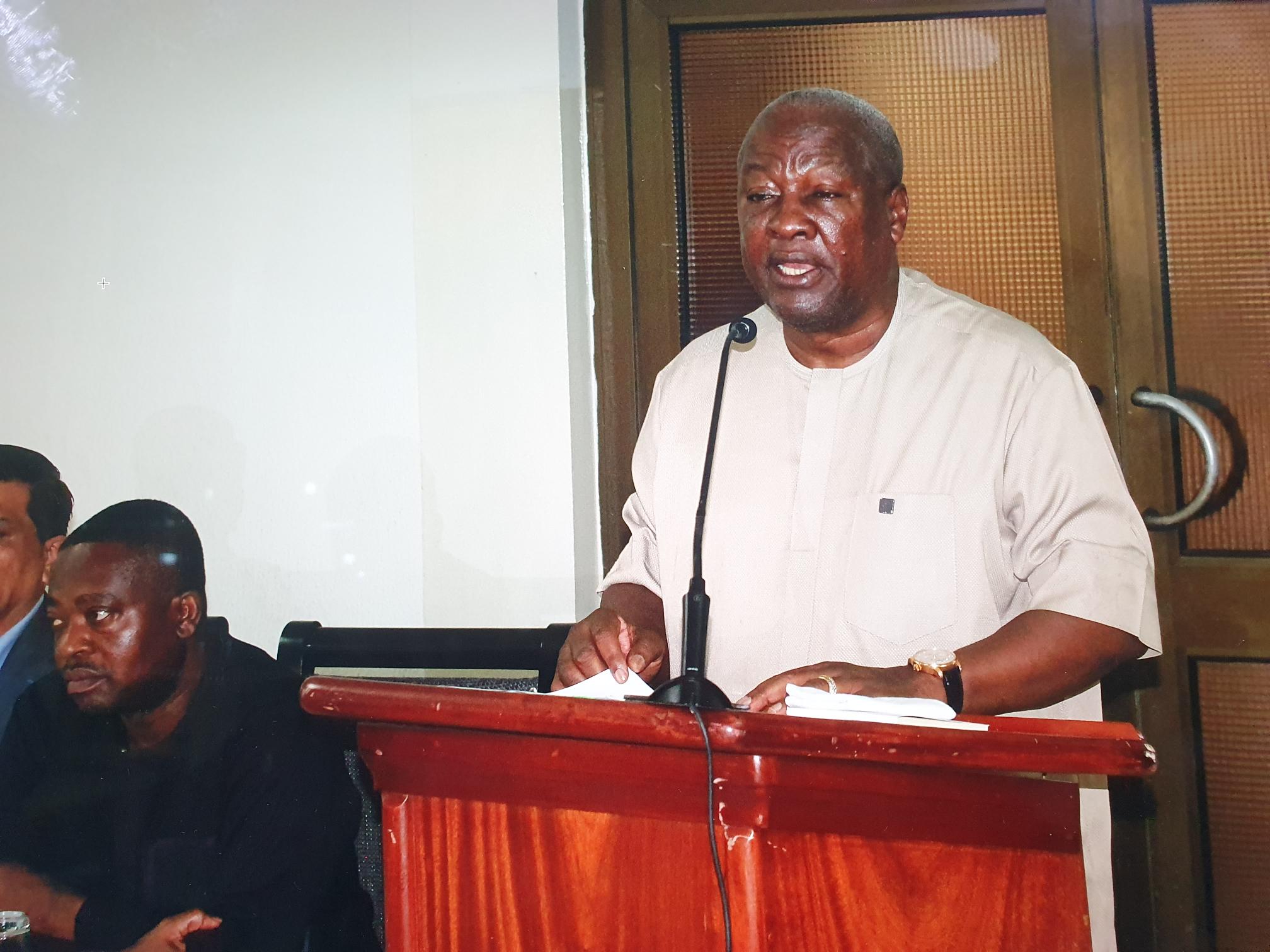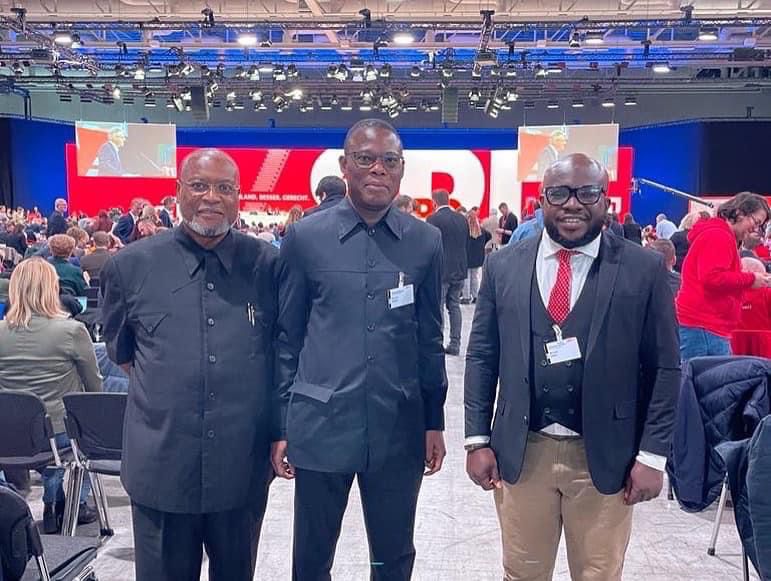
…at maiden economic zones policy roundtable
The top-100 companies leading the nation’s industrial revolution have announced an aggressive new strategy to work together in advancing domestic manufacturing competitiveness.
This strategic alliance unveilled key outcomes at the maiden Economic Zones Chamber Policy Roundtable, which had as it’s theme ‘Advancing manufacturing competitiveness for Ghana’s industrial ecosystem’.
The event brought together industry heavyweights with a shared goal of enhancing the nation’s position as a leading industrial hub in West Africa.
“This new collaborative effort between Ghana’s top industrial companies is set to redefine the country’s manufacturing landscape, laying the foundation for long-term competitiveness in the global economy.
Through innovation, collaboration and strategic investments, Ghana’s industrial sector is poised to take a leading role in West Africa’s economic transformation,” said Dr. Richmond Frimpong, Co-Chair, Executive Council of the African Economic Zones Chamber.
Representatives from these companies – spanning sectors such as agro-processing, textiles, pharmaceuticals and heavy manufacturing -raised concerns particularly on the issue of public and private bodies working in silos instead of working more closely.
They also discussed the pressing need for a coordinated approach to tackling industry-wide challenges – such as high energy costs, inadequate infrastructure, high operational costs, inconsistent policy implementation and limited access to technology and finance.
As a way forward, further suggestions were made to explore ways of pooling resources and sharing best practices that will help optimise production processes, increase efficiency and reduce the country’s overall cost of manufacturing.
The companies showed commitment to closing critical industrial gaps, which will champion industrial innovation, promote sustainable growth and increase Ghana’s export capacity.
A key part of the strategy involves the formation of industry-specific working groups to identify and address sectoral challenges. These groups will focus on issues such as upgrading local manufacturing capabilities, improving value chain integration and enhancing access to international markets.
Again, to further boost competitiveness, the top industrial companies will need to work closely with the Ghana Free Zones Authority (GFZA) and Ghana Investment Promotion Centre (GIPC) in order to attract foreign direct investment (FDI) and establish partnerships that foster knowledge transfer and access to new markets.
There was a resounding call for policy reforms that will reduce bureaucratic bottlenecks and create an enabling environment for industrial operators to thrive.
Regarding the Economic Zones Chamber Policy Roundtable, the platform – while outlining key outcomes and actions, reiterated the need for policies that align with industry goals, calling for greater support from government to reduce operational costs and improve ease of doing business.
This includes streamlining import/export procedures, reducing bureaucratic delays and investing in critical infrastructure such as transportation and energy, all of which are seen as key drivers for industrial growth.
Stakeholder commitment
In keynote remarks, Manish Gupta, Indian High Commissioner to Ghana, emphasised the growing economic ties between India and Ghana; noting India’s US$2billion investment in sectors such as pharmaceuticals and agro-processing.
He highlighted Ghana’s economic zones as attractive destinations for more Foreign Direct Investment (FDI).
Simon Hochstein, Head-Component Invest for Jobs at GIZ Ghana, stressed the importance of sustainable practices.
Dr. Amina Sammo, National Coordinator for UNDP Ghana Insurance and Risk Facility, addressed challenges such as high production costs, proposing risk mitigation tools to improve manufacturing competitiveness.
In a concluding statement, representatives from GIPC, GFZA, Ministry of Trade and Industry (MOTI) and Development Bank Ghana expressed their full support for enhancing collaboration between the private sector and government, pointing out the importance of government and financial institutions providing the right incentives and infrastructure to sustain industrial growth.
They pledged to work alongside the private sector on ensuring that policies, financing mechanisms and trade agreements align with the needs of industrial companies.
The post Leading industrial giants forge strategic alliance appeared first on The Business & Financial Times.
Read Full Story










Facebook
Twitter
Pinterest
Instagram
Google+
YouTube
LinkedIn
RSS